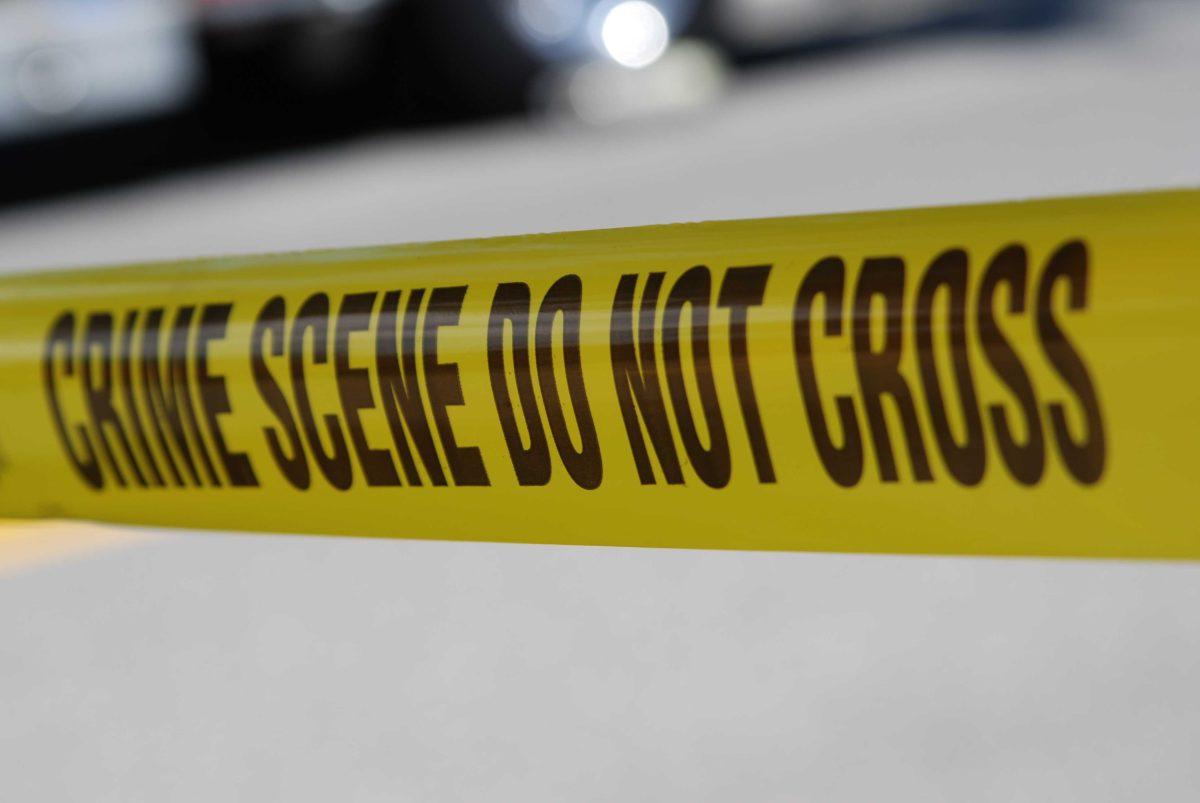Americans look at the vast and continually-expanding surveillance state in China with great concern. Yet, some of that technology has made it into the hands of state and local governments across the U.S., including in New Orleans.
Extensive reporting in the last several years has uncovered an ever-widening surveillance infrastructure in the city. New Orleans began to implement the network of cameras and license plate readers in 2017 as part of a $40 million public safety plan, according to The Lens.
In 2020, New Orleans became one of a small group of U.S. cities to ban facial recognition technology. The ban on facial recognition began after revelations that the New Orleans Police misled the public about its use of the technology on footage obtained by its increasing physical infrastructure of cameras and license plate readers.
This summer, the city council reversed that short-lived ban, endorsing the use of facial recognition technology on New Orleanians and visitors from across the world.
“But you have no data, sitting here today, telling me that this actually works, that it leads to arrests, convictions or clearance,” said Lesli Harris, one of two New Orleans city council members who voted against the facial recognition measure.
For a city that prides itself on its uniqueness and its laissez-faire way of life, the city government surely seems out of step with the people of the Big Easy.
Surveillance continues to be a major point of contention in the city, but a recent crime wave has prompted a renewed interest in various policing tactics, including facial recognition.
Baton Rouge has begun a similar buildout of surveillance cameras in the city to outfit a real-time crime center where the department can monitor over 500 cameras.
New Orleans and the capital city are following a national trend of increasing surveillance technologies that are touted as ways to prevent crime while ignoring other potentially more harmful impacts.
As a state and a nation, we need to make a more concerted effort at addressing the root causes of crime, not grandstanding on unproven surveillance technologies that strip away privacy rights from every person that enters its sightlines.
New Orleans and the city leadership have gone in the wrong direction by allowing the resurgence of a China-esque surveillance machine to monitor New Orleanians.
The New Orleans and Baton Rouge police departments, like many of their counterparts across the country, are choosing to spend their money on fancy, unproven technology rather than truly investing in their communities and fixing the fundamental causes of crime.
Charlie Stephens is a 21-year-old political communication senior from Baton Rouge.





